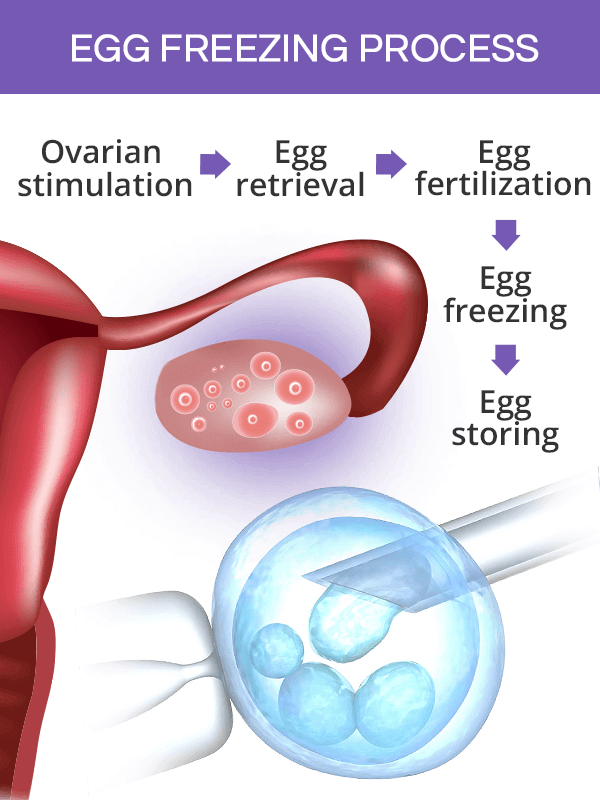Egg Freezing in Your 20s? What You Need to Know Before You Decide
- MedWords Editorial

- Jul 28, 2025
- 2 min read
Updated: Jul 29, 2025

If you’ve ever thought about egg freezing in your 20s, you’re not alone. Thanks to social media, medical advances, and the growing awareness around reproductive health, more young women are talking about fertility preservation than ever before. But is it something you should consider? Let’s break it down.
Why Egg Freezing Is Trending Right Now
We live in a world where priorities are shifting; careers, education, relationships, and self-exploration are taking center stage. That doesn’t mean motherhood is off the table; it just means many women are choosing to hit pause. Egg freezing (or oocyte cryopreservation, if you want the fancy name) gives you more time and control over when and how you start a family.
Even celebs like Chrissy Teigen and Emma Roberts have opened up about freezing their eggs. That public transparency has helped shift the narrative; it’s no longer taboo. It’s a proactive choice.
How Does Egg Freezing Work?
The process starts with hormone injections to stimulate your ovaries. Over about 10–14 days, your body will produce multiple mature eggs instead of the usual one. These eggs are then retrieved in a short, outpatient procedure under sedation and frozen for future use.
It might sound intense, and yes, it’s a commitment, but it’s safe and well-practiced. The whole cycle typically takes around two weeks, though prep and follow-up add some extra time.
Why Your 20s Might Be the Ideal Time
The earlier you freeze your eggs, the better the egg quality tends to be. Your 20s, especially your mid-to-late 20s, are considered a biologically optimal window. That doesn’t mean it’s too late after 30, but the sooner, the better for better odds.
It’s also usually cheaper and more effective to retrieve higher-quality eggs when you’re younger. That could mean fewer cycles and a higher chance of success down the road.
The Not-So-Glam Side
Let’s keep it real, egg freezing isn’t just a trendy wellness flex. It involves hormone injections, bloating, possible side effects, and emotional ups and downs. The cost is also significant, ranging from ₹1.5 to ₹2.5 lakhs (or $8,000–$15,000 in the US) per cycle, plus annual storage fees.
And while success rates are improving, freezing your eggs isn’t a guarantee of a future baby. It’s a plan B, not a magic wand.
Is It Worth It?
That’s a deeply personal question. If you have a medical reason (like PCOS, endometriosis, or a family history of early menopause), egg freezing can be a powerful tool. Even without a diagnosis, it can offer peace of mind.
If you’re considering it just because “everyone else is doing it,” take a beat. Talk to a fertility specialist. Get a hormone test (like AMH levels). Reflect on your values, goals, and finances.
Takeaway
• Egg freezing in your 20s can preserve fertility while you explore life on your terms.
• It’s most effective when done earlier, but it's still possible in your 30s.
• It comes with financial, emotional, and physical commitments.
• It’s not a guarantee, but it can be a reassuring backup plan.
Whether you choose to do it or not, the real win is knowing your options and making the choice yourself, not out of fear or pressure, but from a place of confidence and clarity.



Comments